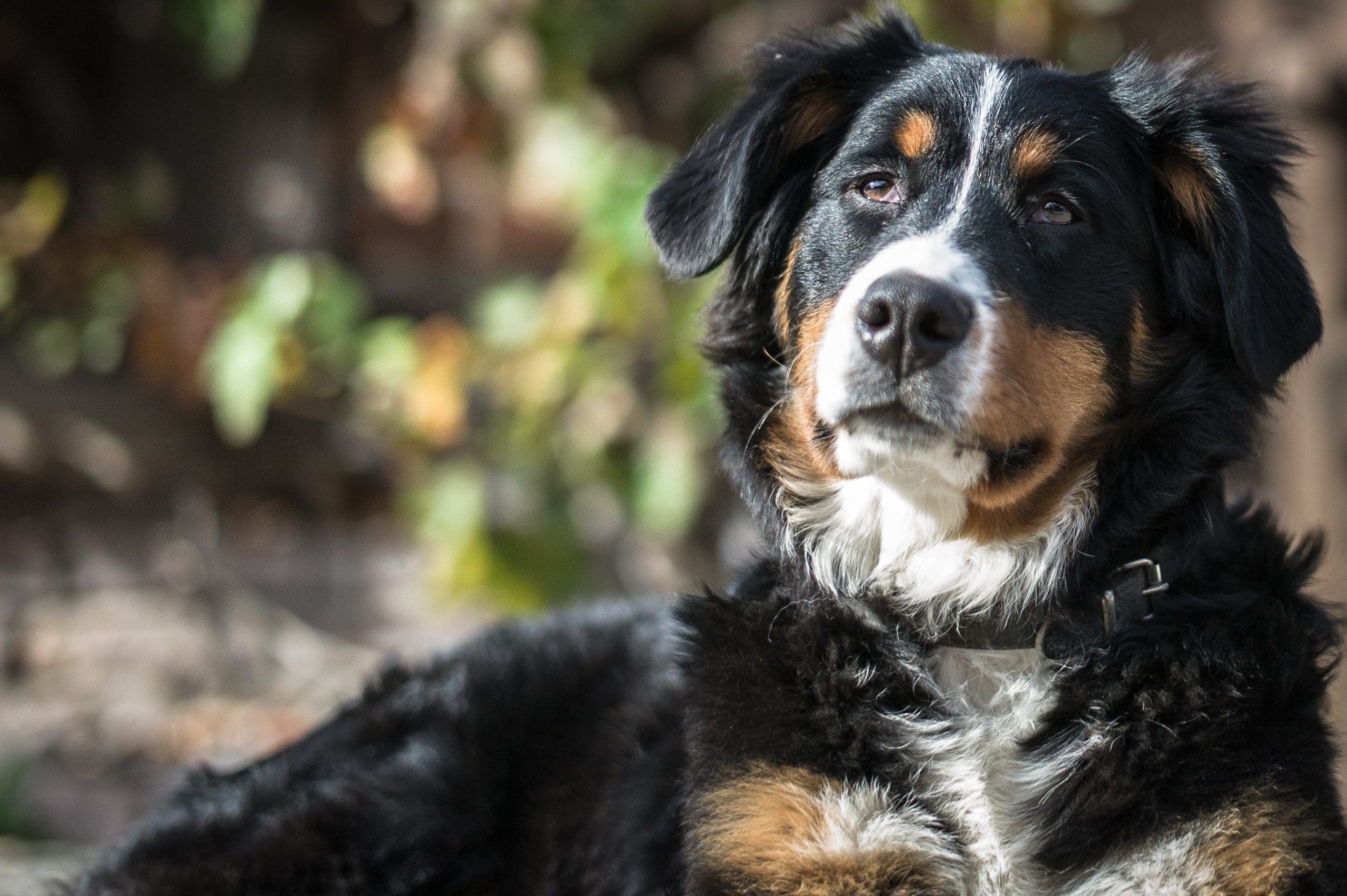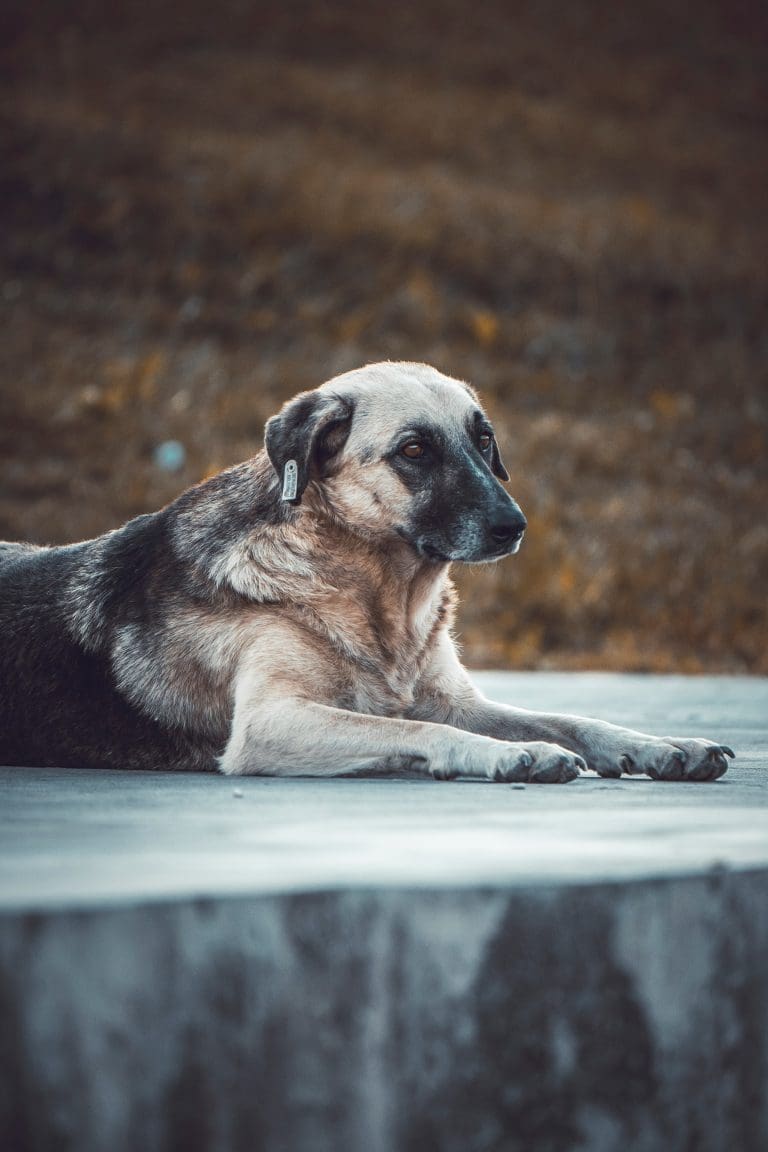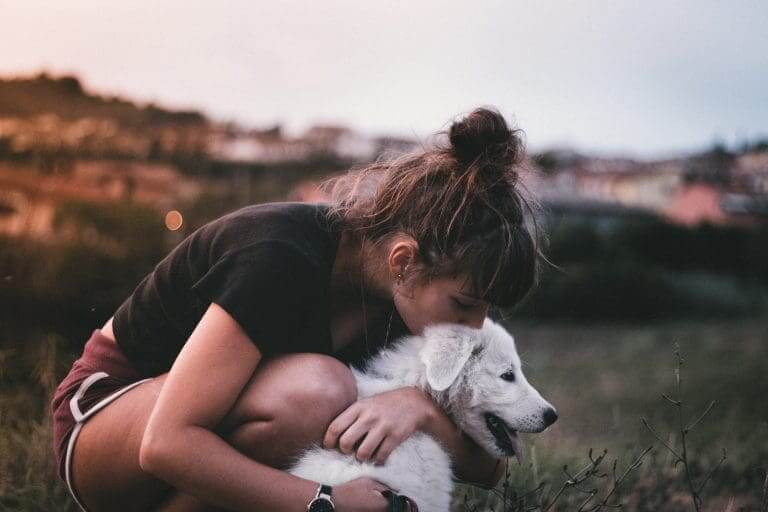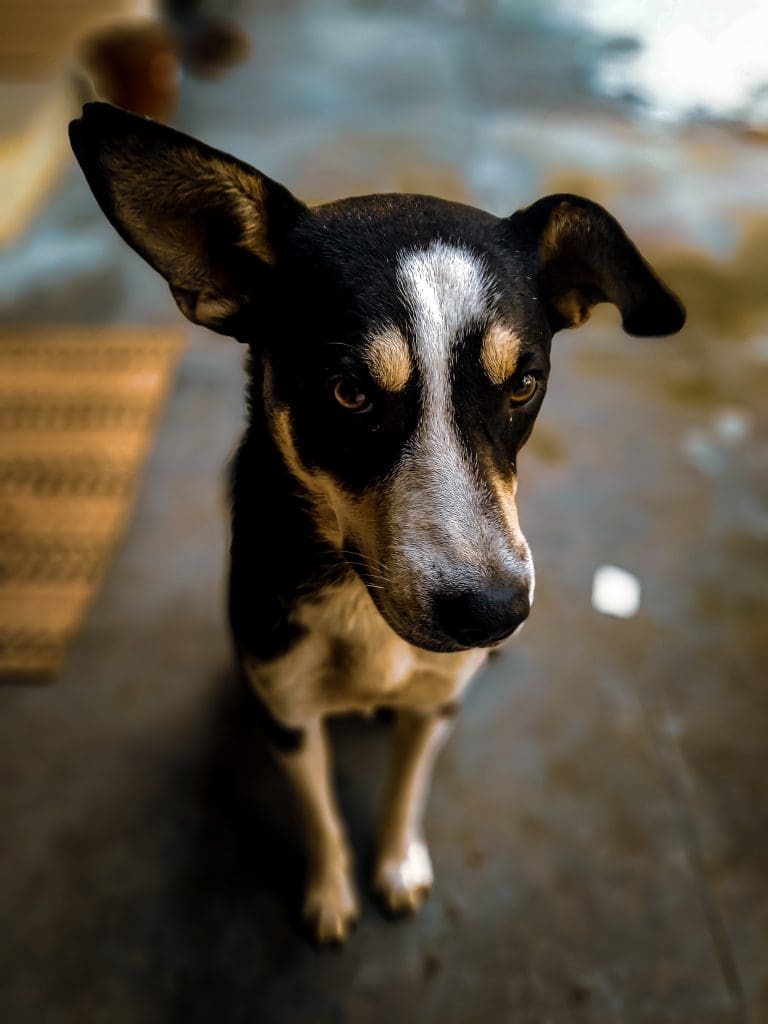Why Do Dogs Eat Their Own Poop And Pee?
Post Date:
December 10, 2024
(Date Last Modified: December 10, 2024)
Many dog owners experience confusion when witnessing their pets eat their own poop or pee. This behavior, known scientifically as coprophagia, raises numerous questions. Why do dogs engage in this seemingly unpleasant act? Is it harmful? Should owners be concerned?
Instinctual Behavior
One primary reason for this behavior is instinct. In the wild, scavenging serves as a survival tactic. Wolves and other wild canines consume their own waste to maintain cleanliness in their living areas and to avoid attracting predators. Even domesticated dogs retain some of these instinctual behaviors. For many dogs, eating their feces could be a way of keeping their environment tidy and protecting themselves from threats. This instinct may be particularly strong in puppies, who often mimic their mothers, as mothers frequently consume feces to keep the den clean.
Nutritional Deficiencies
Nutritional deficiencies can also play a significant role. If a dog isn’t receiving adequate nutrition or struggles to absorb certain nutrients, it might instinctively seek out its waste to compensate. This behavior can occur in dogs fed poor-quality diets or those with gastrointestinal issues that hinder nutrient absorption. Consulting a veterinarian can help rule out underlying health problems or lead to dietary improvements.
Stress and Anxiety
Changes in a dog’s environment can lead to stress and anxiety, prompting some to eat their own waste as a coping mechanism. Moving to a new home, the arrival of another pet, or shifts in the owner’s routine can all contribute to this stress. Dogs left alone for extended periods might also engage in this behavior out of boredom or frustration.
Boredom and Lack of Stimulation
Boredom is another factor. High-energy breeds or dogs lacking sufficient physical and mental stimulation may resort to this behavior for entertainment. Regular exercise, playtime, and mental challenges can significantly reduce boredom and the urge to eat waste.
Habit Formation
In some cases, eating poop becomes a habit. If a dog has been allowed to engage in this behavior without correction, it can become routine. Dogs are creatures of habit, and breaking established patterns can be challenging, particularly for puppies who may not yet grasp the inappropriateness of this behavior.
Addressing the Behavior
Recognizing that coprophagia is not necessarily indicative of a “bad” dog is crucial. Instead, it often reflects instincts, health issues, or emotional states. Identifying the root cause enables owners to tackle the issue effectively.
If a dog exhibits this behavior, the first step involves a veterinary consultation to determine if health issues are present and to discuss dietary needs. If health problems are ruled out, focus on managing the dog’s environment and routine.
Providing Stimulation
Ensuring dogs have ample opportunities for mental and physical stimulation is vital. Daily walks, playtime, and interactive toys can keep dogs engaged and minimize boredom. Training sessions also provide mental enrichment while reinforcing positive behaviors.
Maintaining Cleanliness
Keeping a clean environment is essential. Promptly picking up after your dog can help prevent the formation of a waste-eating habit. Although it may be inconvenient, this step is necessary for disrupting the cycle.
Managing Anxiety
If anxiety contributes to this behavior, addressing underlying stressors is important. This may involve establishing a more stable routine, creating a safe space for the dog, or consulting a professional trainer or behaviorist. In some cases, veterinarians may recommend anti-anxiety medications.
Training Techniques
Training plays a crucial role in discouraging coprophagia. Positive reinforcement techniques can reward dogs for not eating their waste. For example, if a dog is caught in the act, redirect them with a command and offer a reward for compliance. Consistency is key to reinforcing desired behaviors and discouraging unwanted ones.
Patience and Understanding
Changing instinctual or habitual behaviors requires patience. Avoid scolding or punishing a dog, as this can lead to fear and anxiety, potentially worsening the problem.
With the right strategies and a compassionate approach, owners can help their dogs develop healthier habits and strengthen their bond. Each dog is unique, and what works for one may not work for another. Understanding and adapting to a dog’s individual needs can lead to a more harmonious relationship and a happier, healthier life for both pet and owner.






